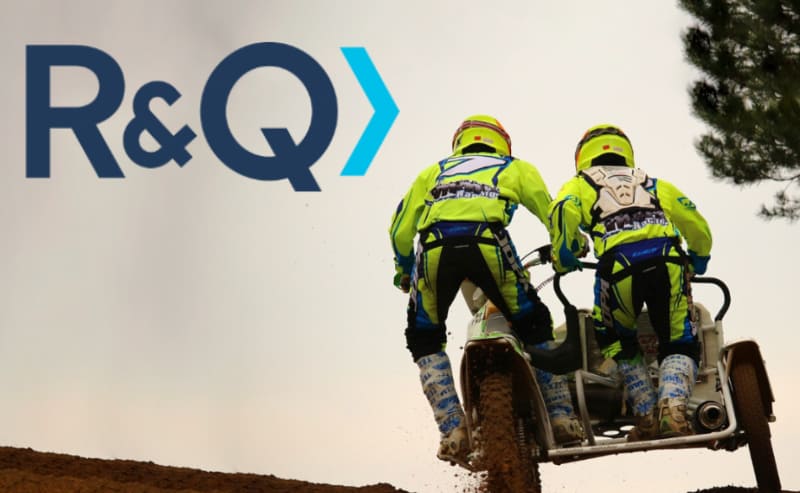R&Q’s legacy sidecar Gibson Re has core role as program unit sale agreed

Specialty player R&Q announced an agreement to sell its Accredited program management business to private equity investor Onex on Friday, a move that will see R&Q refocus on its legacy specialism, with its Gibson Re collateralised sidecar vehicle expected to play an even more core role going forwards.
Late on Friday, R&Q announced an agreement to sell its Accredited program management business to Onex Corporation at an enterprise value of $465 million.
The move will see R&Q return to its former state as a legacy and run-off specialist, but at the same time it aims to sustain a capital light approach, with third-party capital provided by the Gibson Re sidecar set to become even more important for the firm as a result.
The Gibson Re sidecar was launched by R&Q in September 2021, with $300 million of investor capital raised to support a significant percentage of R&Q’s legacy portfolio.
Introducing the Gibson Re reinsurance sidecar to its business model was a move hoped to simplify R&Q’s legacy insurance and reinsurance business model, reducing the amount of capital required from R&Q’s own balance-sheet to enter into new legacy deals.
At the same time, Gibson Re was expected to drive an entirely new source of fee income for the company, with R&Q saying this represented part of its strategy to shift to a capital-lighter model.
The company reported that it earned $12.1 million in fee income from its first full year operating the legacy insurance focused collateralised reinsurance sidecar, Gibson Re.
In announcing the sale of the program business unit, Jeff Hayman, Chairman of R&Q and its interim CEO once the deal closes, said, “The Sale will allow us to refocus fully on this business, while our materially de-leveraged balance sheet, alongside our ability to deploy third-party capital via Gibson Re, will enable us to pursue our pipeline opportunities with renewed confidence.”
The dedicated reinsurance sidecar reinsurers 80% of all the R&Q Legacy transactions, while R&Q Legacy retains the remaining 20% of the risk exposure.
The sale of Accredited is expected to stimulate a “material de-leveraging” of the R&Q business, which is expected to enhance its ability to execute on the strategy of transitioning to a capital efficient and stable recurring fee-based business model, the company explained.
Adding that, “Gibson Re, R&Q’s dedicated sidecar will continue to be a core component of this transition.”
Further saying, “Gibson Re will underpin R&Q’s ability to deploy capital and offer innovative legacy solutions to its clients.”
R&Q said that it currently has a strong pipeline for legacy transactions, with deals consisting of over $0.9 billion of reserves identified and three legacy reinsurance deals in advanced stages, representing over $100 million of reserves.
The company said it will “continue to focus on transactions in the small to medium size range, where R&Q maintains a competitive advantage.”
Citing the deal it entered into with alternative investment manager Obra Capital, Inc., in which they acquired a wholly owned subsidiary of global safety equipment manufacturer, MSA Safety Incorporated to manage its non-insurance legacy liabilities, R&Q said this alongside Gibson Re are key to its future.
“This strategy, alongside Gibson Re, will generate fees from two distinct but complementary pools of liabilities: traditional insurance reserves and corporate non-insurance liabilities,” the company explained.
Shedding the Accredited program management business should put the R&Q legacy business on stronger footing and result in a return to the firms historical focus, but under a new strategy of utilising third-party capital to support the majority of the run-off risk underwriting it enters into.
The performance of the first vintage of the Gibson Re legacy reinsurance sidecar is therefore going to be critical, as R&Q will need to be able to demonstrate that it delivers the returns investors expect, or raising a second vintage could prove a challenge for the company.






